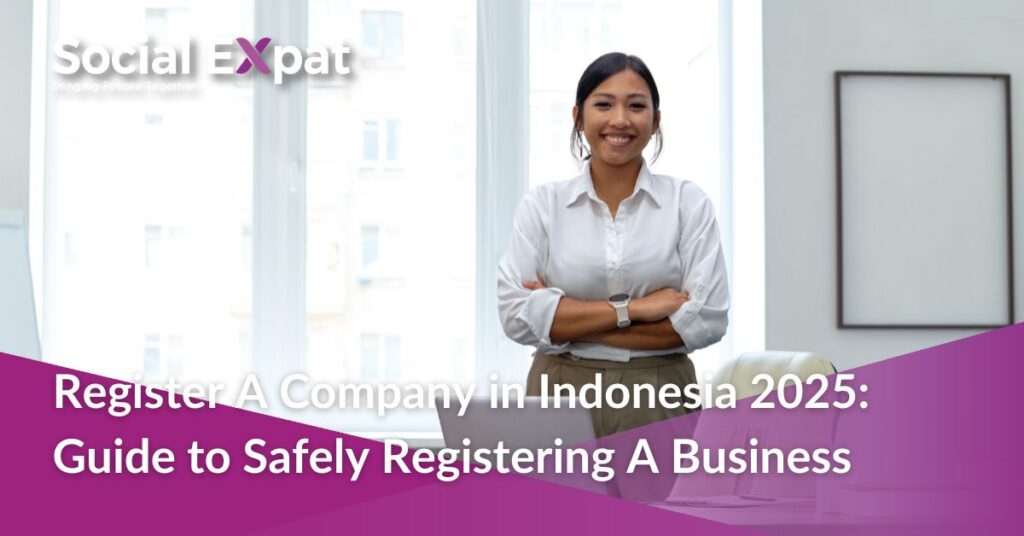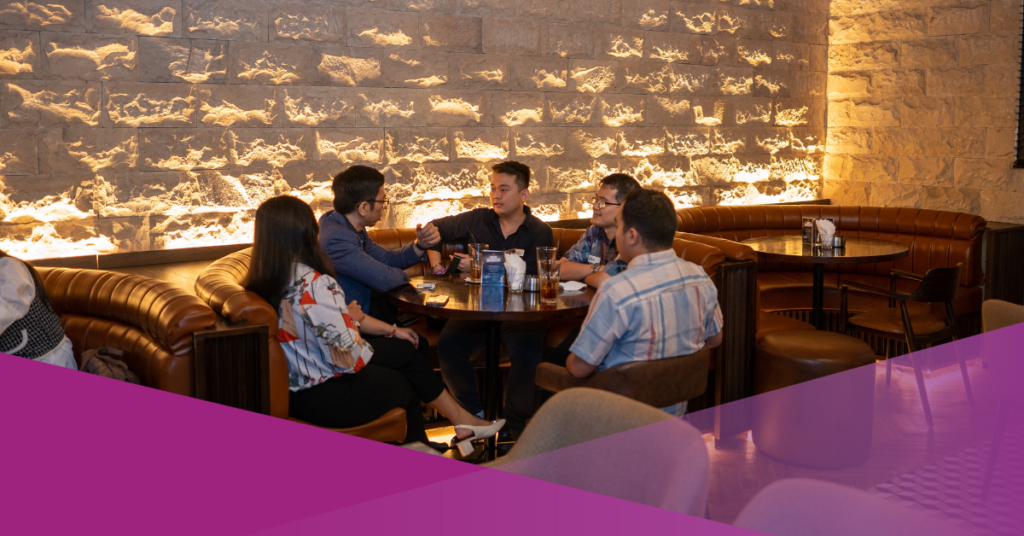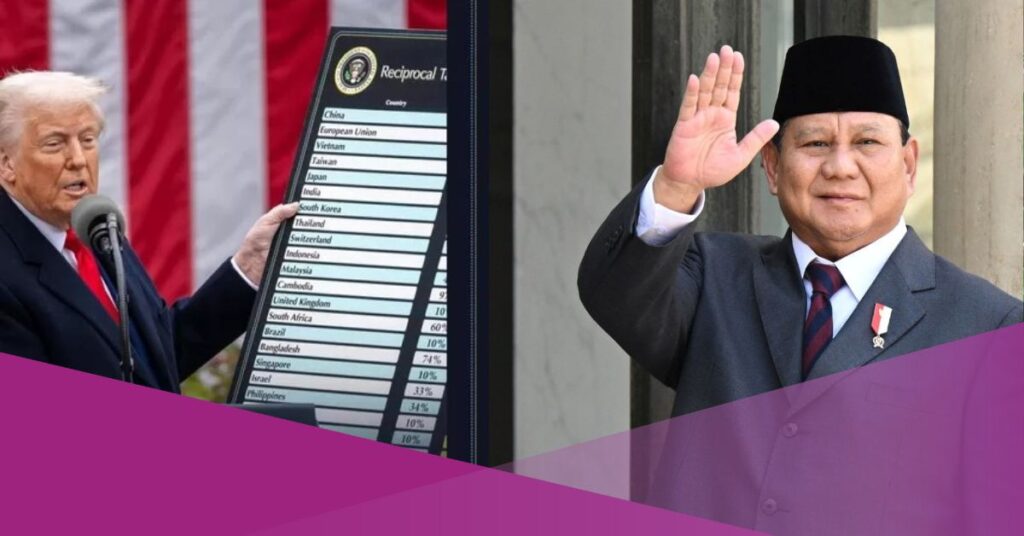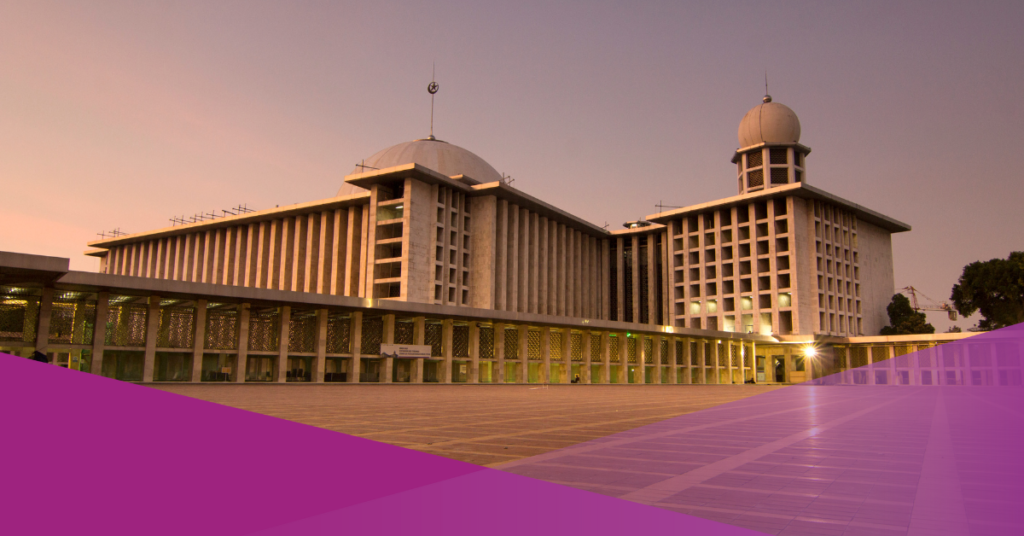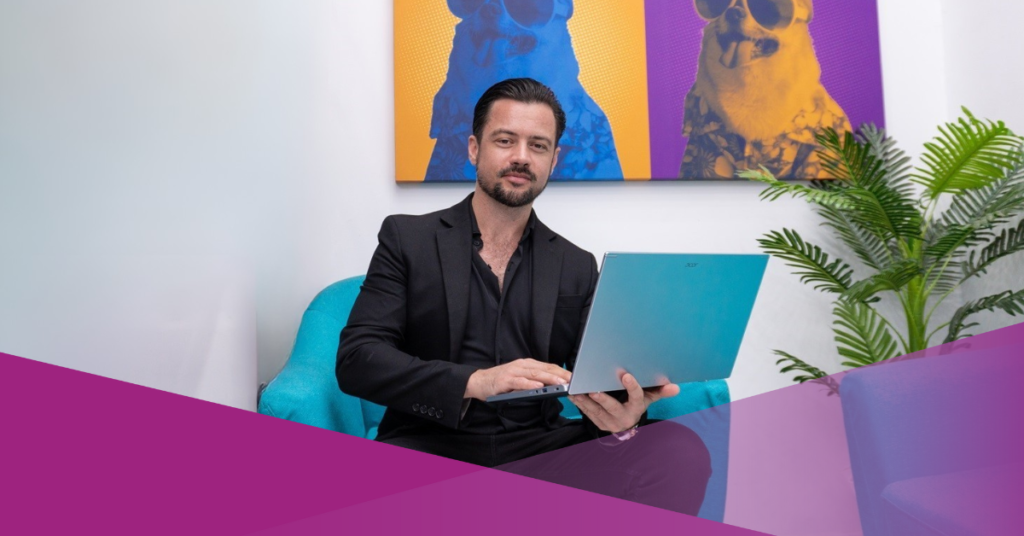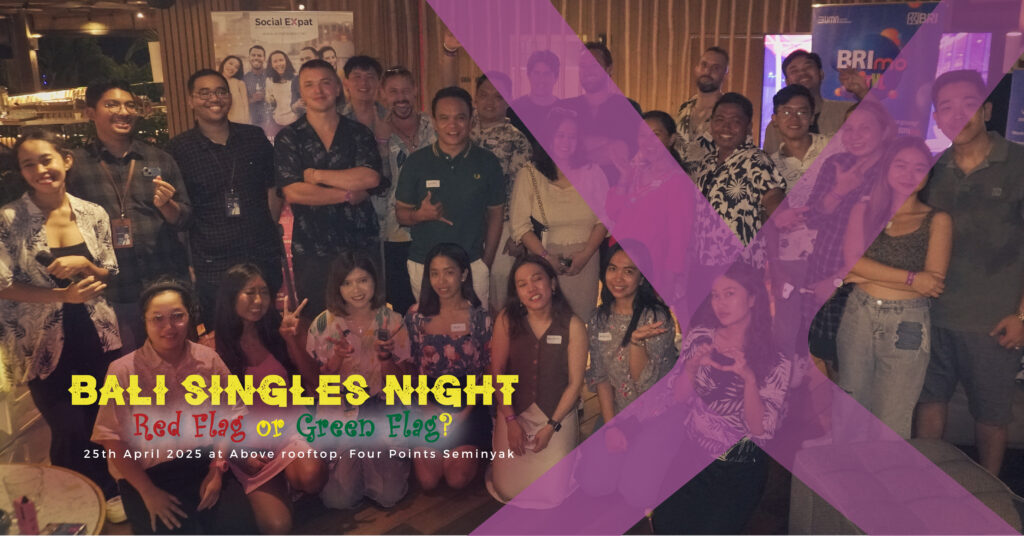The concept of hybrid work has emerged as a popular model for many organisations as the world adjusts to the new normal of remote and flexible work arrangements. Understanding and embracing this new way of working is critical as expats navigate the future of work, particularly in Indonesia.
This article will serve as a resource for expats in Indonesia who want to make the most of their hybrid work opportunities. We will look at the benefits and drawbacks of hybrid work, offer tips for effectively working from home, and discuss how expats can adapt to and thrive in an Indonesian hybrid work environment.
Introduction
A brief overview of the current state of work in Indonesia
The majority of workers in Indonesia work in agriculture, trading, and household industries, owing to the country’s significant informal sector. However, there has been a gradual shift towards manufacturing and services, with the government implementing policies to encourage foreign investment and improve infrastructure.
Low wages, underemployment, and a lack of job security are also issues in the country’s labour market. To address these issues, efforts are being made to improve vocational training programmes and labour regulations.
Definition and significance of hybrid work in Indonesia
Hybrid work refers to a work arrangement that combines remote and in-person work. It gives employees the option of working from home or in the office, depending on their preferences and job requirements. In Indonesia, this approach is significant because it promotes work-life balance, increases productivity, and reduces commuting time. Companies can also attract and retain top talent by offering a more flexible and inclusive work culture through hybrid work.
Understanding the Hybrid Work Model
Benefits and challenges of hybrid work for employees
Employees benefit from hybrid work in a variety of ways. It gives them more flexibility in managing their work-life balance because they can work where and when they want. This arrangement also cuts commuting time and costs, which improves overall well-being.
However, there are some challenges to this working method. With a mix of in-person and remote employees, communication and collaboration may become more difficult. Furthermore, when working from home, it can be difficult to maintain a clear boundary between work and personal life.
How hybrid work is reshaping the future of work globally
On a global scale, hybrid work is transforming the future of work. Companies are adopting hybrid work models that combine remote and in-office work as technology advances and workplace dynamics change. This change gives employees more flexibility in how and where they work, resulting in better work-life balance.
It also allows businesses to tap into global talent pools while lowering office space costs. As this model becomes more common, it is reshaping traditional work structures and paving the way for a more inclusive and adaptable workplace.
The Expats’ Perspective on Hybrid Work in Indonesia
Benefits and challenges of hybrid work for expats
There are major benefits to hybrid work for expats in Indonesia. For starters, it gives them location flexibility, allowing them to work from wherever they want. This is especially useful for expats who want to travel or visit their home country on a regular basis. Furthermore, hybrid work can help expats achieve a better work-life balance by allowing them to work from home on certain days, eliminating time-consuming commutes.
However, one of the most challenging aspects of this work mothod for expats is the requirement for consistent internet access, which is required for remote work. When working in a hybrid environment, expats may encounter cultural differences and communication barriers.
Cultural considerations for expats navigating hybrid work in Indonesia
When navigating hybrid work in Indonesia, expats must consider cultural norms and practises. Because Indonesians value harmonious relationships and respect for authority, expats should establish a positive rapport with coworkers and superiors. Furthermore, punctuality is highly valued, and it is expected to arrive on time for meetings and appointments. Understanding and adapting to these cultural considerations will assist expats in successfully navigating Indonesia’s hybrid work environment.
Tips for Navigating Hybrid Work as an Expat in Indonesia
Establishing a productive work routine
Establishing a productive work routine is critical for increasing efficiency and meeting objectives. Begin by establishing specific and realistic work hours and adhering to them consistently. Make a dedicated workspace that is free of distractions and has all of the necessary tools and resources.
Prioritize tasks and divide them into smaller, more manageable steps. Take regular breaks to recharge your batteries and avoid burnout. Use a to-do list or a productivity app to stay organised. Finally, keep a healthy work-life balance to ensure overall well-being and long-term productivity.
Utilising technology for effective communication and collaboration
In today’s digital age, technology is essential for enhancing communication and collaboration. Individuals and teams can easily connect and collaborate across geographical boundaries thanks to the proliferation of online platforms and tools.
Video conferencing, instant messaging, and project management software allow for real-time communication and collaboration. These technological advancements have made it possible to quickly and efficiently share information, ideas, and feedback, resulting in increased productivity and faster decision-making processes.
Balancing work and personal life in a hybrid work setting
Finding a balance between work and personal life can be difficult, particularly in a hybrid work environment. As an expat in Indonesia, it is critical to strike this balance. Setting clear boundaries between work and personal time, establishing a designated workspace, and managing time efficiently are some suggestions for accomplishing this.
To maintain a healthy work-life balance, it is also critical to prioritise self-care and engage in activities outside of work. Expats in Indonesia can successfully manage their work and personal lives in this setting by implementing these strategies.
Networking and building relationships in a hybrid work environment
Networking and relationship building may present unique challenges for expats in Indonesia in this environment. Here are some pointers to help you get through it:
- Use technology to communicate with colleagues and stakeholders who may not be present in person.
- Attend virtual networking events and conferences to broaden your professional network.
- Schedule regular check-ins with coworkers to maintain communication and relationships.
- Make an effort to participate in both in-person and virtual team-building activities and social events. These efforts can aid in the development of a sense of belonging and the strengthening of relationships within the hybrid work environment.
Legal and Practical Considerations for Expats Engaging in Hybrid Work
Understanding the legal framework for expat workers in Indonesia
It is important to comprehend the legal framework that governs your employment rights as an expat worker in Indonesia. Knowing the country’s labour laws, such as the minimum wage and working hour regulations, can help you navigate hybrid work as an expat in Indonesia.
Furthermore, ensure that you have a valid work visa and work permit to legally work in the country. It is also advisable to consult with a local legal expert or employment agency to ensure that all necessary regulations are followed and that your rights as an expat worker are protected.
Work permit and visa requirements for expats working remotely or in a hybrid work model
Work permit and visa requirements continue to apply to expats working remotely or in a hybrid work model in Indonesia. Expats must obtain a work permit and an appropriate visa in order to legally work in the country. The Ministry of Manpower issues the work permit, also known as a Foreign Manpower Utilization Plan, which serves as proof of authorization to work.
Furthermore, in order to legally reside and work in Indonesia, expats must obtain the appropriate visa, such as a business visa or a temporary stay permit. It is critical for expats to follow these rules in order to avoid legal problems or penalties.
Tax implications for expats engaged in hybrid work
Expats working in hybrid jobs in Indonesia may face tax implications. According to Indonesian tax laws, residents are subject to progressive tax rates on their worldwide income, whereas non-residents are only taxed on income earned in Indonesia.
However, whether an expat is classified as a resident or non-resident is determined by a number of factors, including the length of stay and intent to reside. To ensure compliance and minimise potential tax liabilities, expats must understand these tax regulations and seek professional advice.
Professional support and resources for expats navigating hybrid work in Indonesia
Expats navigating hybrid work can find professional assistance and resources in Indonesia. There are organisations that provide services and guidance to expatriates, assisting them in understanding the local work culture and navigating the challenges of remote and office-based work.
There are also online platforms and communities where expats can network with other professionals, share experiences, and gain valuable insights. These resources not only offer practical assistance but also foster a sense of community and belonging for expatriates in Indonesia.
For more insights about legal and practical matters for hybrid working in Indonesia, feel free to contact our partner LetsMoveIndonesia.
Conclusion
For expats in Indonesia, hybrid work is an essential paradigm shift, providing flexibility, adaptability, and technological advancements. Expats can strike a balance between personal and professional life, maximise productivity, and collaborate effectively by staying up to date on regulations, cultural norms, and technological innovations.
Expats who are open-minded, proactive in their networking, and culturally sensitive can forge successful careers, make meaningful connections, and contribute to a thriving, inclusive hybrid work ecosystem. This transformative era enables expats to excel professionally while exploring Indonesia’s diverse culture and unique experiences.
For more insights about business matters in Indonesia, check out these articles below:


